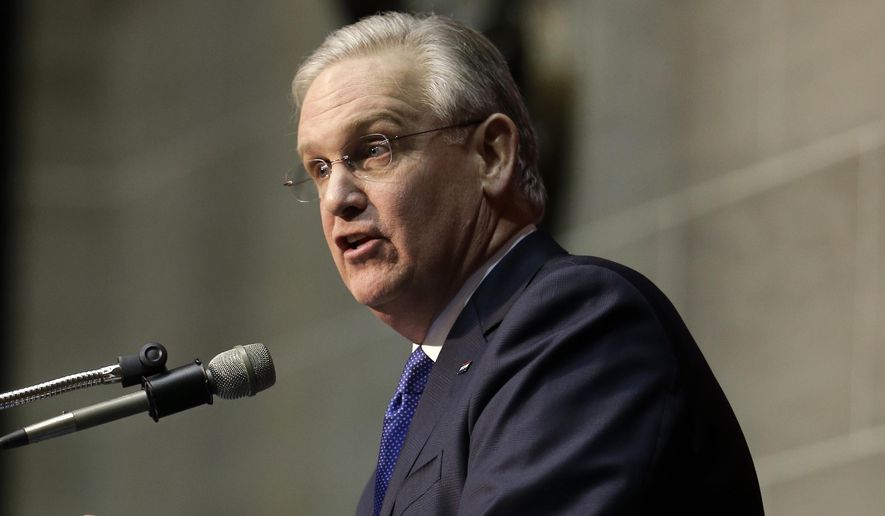OPINION:
Missouri’s dreadful welfare system is perhaps the worst in the nation, and Gov. Jay Nixon (D) has a unique opportunity to reform the failing program and provide significant and lasting changes that will improve the lives of thousands of Missouri’s citizens, but all indications are the governor won’t.
According to a new welfare reform report card published by The Heartland Institute, a free-market think tank headquartered in Chicago, Missouri earned the dubious honor of being ranked dead last among all states for its dismal welfare policies.
Heartland’s study assigned letter grades and ranks in five categories—work requirements, cash diversion, service integration, time limits, and sanctions—and Missouri received F grades in three of those categories and D grades in the remaining two.
Recognizing the need for reform, legislators in the Missouri Senate advanced Senate Bill 24 in late February, legislation that aims to add strict work requirements, lower the cap for lifetime benefit limits, and provide a variety of programs that will help Missourians stay off of welfare rolls entirely. The House approved much of the bill on March 18, and the legislation is now awaiting final approval from the Senate. Analysts agree that Mr. Nixon, who has yet to announce his position on the proposed reforms, will eventually have to either pass the legislation or veto it.
Mandating strict work participation requirements is the most significant reform offered by the bill. Missouri is currently one of only 13 states that do not require recipients to obtain significant employment in order to receive government assistance and is one of the worst-performing states in the area of work participation. Without work experience and job training, it is incredibly difficult for individuals trying to leave welfare to find reliable, well-paying jobs. If recipients are required to work and develop job skills employers are looking for, the likelihood of gaining employment and moving from poverty to self-sufficiency is much higher.
Although many of the reforms offered by the Missouri General Assembly are commonsense solutions that have already been implemented by myriad states, analysts say it’s unlikely Mr. Nixon will agree to sign the bill into law, due in part to the recent battles between the governor’s office and the Republican-dominated legislature. Nixon’s proposal to expand Medicaid eligibility in the state received significant opposition from Republicans, who refused to provide any funding for that proposal in the House’s version of the state budget that passed on March 12.
Even if Mr. Nixon vetoes the welfare reform bill, the Republican supermajority in the General Assembly has the votes needed to overturn a veto—and they almost certainly will.
Although the General Assembly will likely push needed welfare reform through any attempts made by Mr. Nixon to block the legislation, there’s no questioning what Nixon’s support for reform would mean for the divided state.
Not only would welfare reform help thousands of Missourians move from poverty to self-sufficiency, it would send a signal to the rest of the nation that both Democrats and Republicans are willing to work together, as they did in the 1990s in Washington, DC, to put partisan differences aside in the pursuit of improving the lives of Americans still struggling to recover from the 2008 economic crash.
Logan Pike is state government relations manager at The Heartland Institute and co-author of Heartland’s “2015 Welfare Reform Report Card.”
Justin Haskins is editor at The Heartland Institute, a free-market think tank.




Please read our comment policy before commenting.